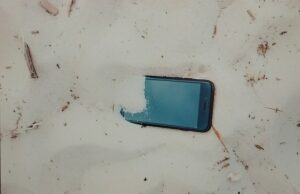4. Why Losing Replaceable Objects Still Hurts
4.1. The Paradox of Replaceability
Here’s the thing: even if an object is replaceable, the emotional connection we have to it often isn’t. A lost phone, for example, can be replaced with the same model, but the new one won’t have the same scratches, photos, or memories as the original. It’s the unique history of the object that makes it irreplaceable.
4.2. The Value of Uniqueness
Humans are drawn to things that feel unique and authentic. An object that’s been with us through thick and thin feels one-of-a-kind, even if a similar item exists. Its authenticity—its “realness” as a witness to our lives—can’t be replicated.
4.3. Grieving the Loss
Losing an object can trigger a grieving process similar to losing a person. We might go through stages like denial, anger, and acceptance. It might sound dramatic, but it’s a testament to how deeply we can care about the things we own.
5. How We Cope with Losing Objects
5.1. Rituals for Closure
Rituals can help us process the loss of objects. Holding a small ceremony or creating a keepsake in honor of the lost item can provide a sense of closure. It’s a way of acknowledging the object’s significance and saying goodbye.
5.2. Leaning on Social Support
Talking about the loss with friends or family can be incredibly comforting. Sharing stories about the object can help keep its memory alive and remind us of the connections it represented.




